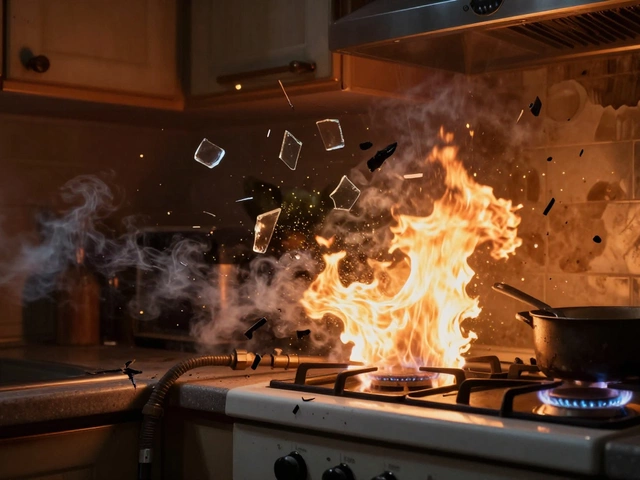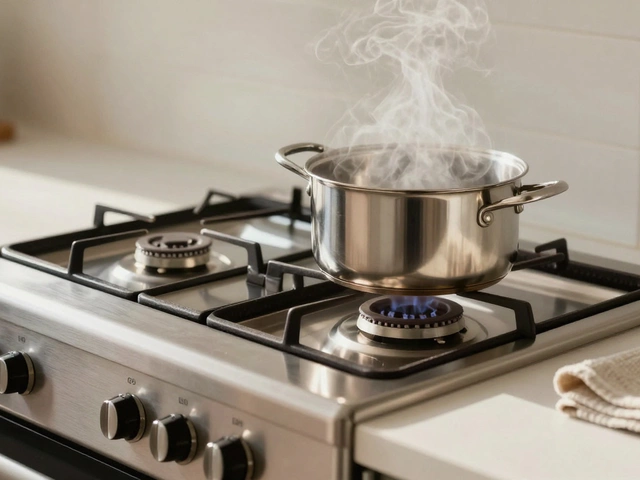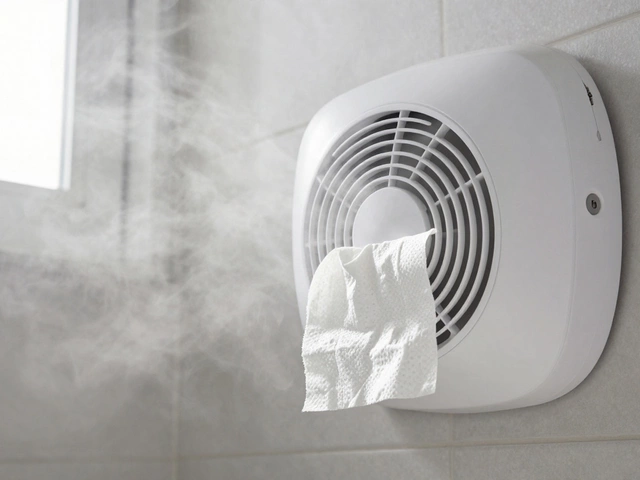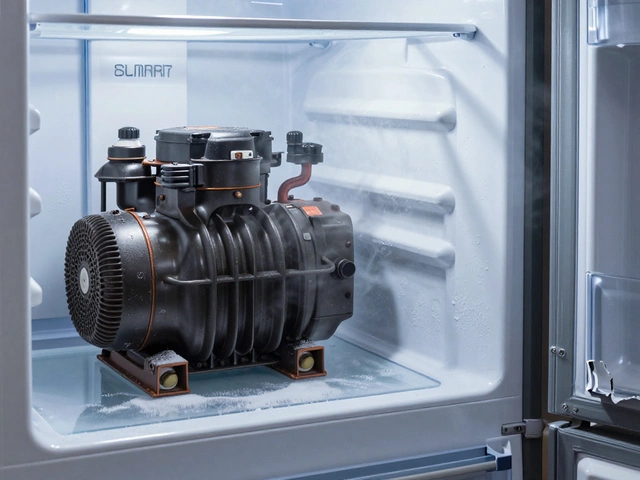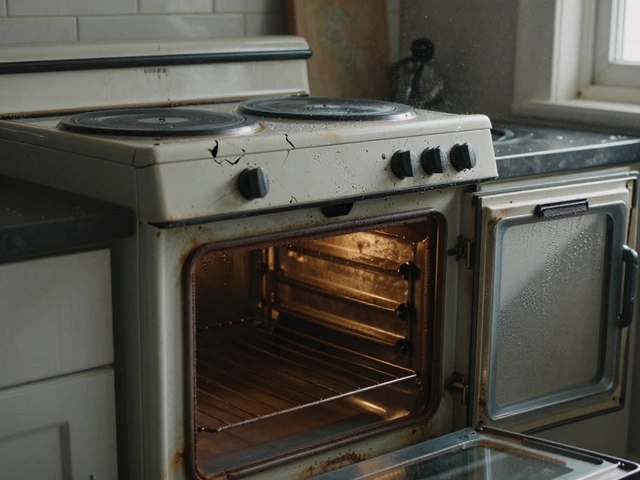DIY Boiler Tips & How‑Tos: Save Money & Stay Warm
If you’ve ever stared at a cold radiators and thought, "I could fix that myself," you’re not alone. Boilers are the heart of most homes, and a little know‑how can keep them humming without a massive bill. This page gathers the most useful DIY boiler advice, from basic safety checks to understanding when a replacement is cheaper than a fix.
When to DIY vs. Call a Pro
First thing’s first: safety. If you smell gas, hear a loud bang, or see steam where it shouldn’t be, shut the system off and call a qualified engineer right away. Small jobs like bleeding radiators, resetting the thermostat, or cleaning the pressure valve are fine for a confident homeowner. Anything involving gas lines, major part swaps, or the internal firebox should stay with a certified pro.
Key DIY Tasks You Can Tackle
1. Check the pressure. Most modern boilers work best between 1 and 1.5 bar when cold. Grab the pressure gauge on the front panel, compare, and top up using the filling loop if it’s low. It’s a quick fix that solves many no‑heat complaints.
2. Bleed radiators. Cold spots often mean air trapped inside. Use a radiator key, turn the valve slightly until water drips out, then close it. You’ll feel the room warm up faster, and the boiler won’t have to work overtime.
3. Clean the condensate pipe. Over time, algae and debris can block the pipe that carries away condensation. Lift the pipe, flush with a little water, and re‑attach. A clear pipe prevents leaks and error codes.
4. Reset the boiler. Many models have a reset button for minor faults. Press and hold for about 10 seconds, then watch the display. If the error returns, note the code and research it before deciding on a repair.
These tasks take under 30 minutes each and can save you up to £100 on service calls.
Understanding boiler costs helps you decide if DIY makes sense. A new combi boiler in 2025 averages £2,500‑£3,500 including installation, but older units can cost twice as much to replace if you need extra pipework or a new flue. Break‑down repairs like a faulty pump or a blown heat exchanger often range £150‑£600. Knowing these numbers lets you weigh the expense of a part against the effort of a DIY fix.
Boiler lifespan is another factor. A well‑maintained gas boiler can last 12‑15 years; electric models may reach 20 years with regular servicing. Signs it’s nearing the end include frequent error codes, rising energy bills, and noisy operation. When you spot three or more of these, start budgeting for a replacement rather than a patch.
Regular service is the secret sauce to a long‑lasting boiler. During a professional service, the engineer checks the heat exchanger, burns efficiency, safety valves, and gas pressure. You can mimic parts of this by cleaning the external unit, inspecting the pilot (if you have a classic model), and keeping the area around the boiler clear of clutter.
Finally, keep a simple log. Write down the date of each pressure top‑up, radiator bleed, and any error codes you reset. Over time you’ll see patterns – maybe a pressure drop every few weeks – which can point to a leaking expansion vessel. That knowledge saves time when you finally call a technician; they’ll know exactly what to look for.
DIY boiler work isn’t about turning everyone into an engineer. It’s about handling the easy, safe tasks, knowing the costs involved, and recognizing when professional help is the right move. Use this guide as a quick reference, and you’ll keep your home warm without breaking the bank.
DIY Boiler Repair: A Handy Guide for Homeowners
- Alden Wilder
- Jan 11 2025
- 0 Comments
Facing a malfunctioning boiler can be daunting, but many common issues can be addressed on your own with the right guidance. This article delves into the realm of DIY boiler repair, providing insights and practical tips for homeowners. Whether it's troubleshooting minor faults or handling regular maintenance, learn how to keep your boiler running smoothly and safely. Discover what problems are manageable, when to seek professional help and safety precautions you need to consider.
View More
